Updated: June 2, 2023
Vitamin C is a water-soluble vitamin, meaning that your body doesn’t store it. You have to get what you need from food, including citrus fruits, broccoli, and tomatoes. When individuals are not getting enough vitamin C in their diets, they often take synthetic vitamin C supplements. Nearly all vitamin C supplements on the market are made from ascorbic acid. You should read more of Our News to discover the latest health trends.
Many juices and fruit products are loaded up with ascorbic acid, even many organic, health food store versions. It seems that if a product is labeled “high in Vitamin C,” consumers will buy more of it. But let’s slow down and take a real look at how consuming acsorbic acid can be the opposite of “good for you”.
Why do we need Vitamin C?
According to the University of Maryland Medical Center, you need vitamin C for the growth and repair of tissues in all parts of your body. Vitamin C helps the body make collagen, an important protein used to make skin, cartilage, tendons, ligaments, and blood vessels. Vitamin C is necessary for healing wounds, and for repairing and maintaining bones and teeth. It also helps the body absorb iron.
Vitamin C is an antioxidant, along with vitamin E, beta-carotene, and many other plant-based nutrients. Antioxidants block some of the damage caused by free radicals, substances that damage DNA. The build up of free radicals over time may contribute to the aging process and the development of health conditions such as cancer, heart disease, and arthritis.
Why getting vitamin C through ascorbic acid is a problem
According to an article in The Healthy Home Economist, ascorbic acid is actually synthetic vitamin C, usually derived from GMO corn. And, there is a growing body of evidence that those consuming high doses of ascorbic acid should have reason to worry.
The Winter 2009 edition of Wise Traditions cites 3 studies, which give pause about large doses of vitamin C. The first study (from the Jun 15, 2001 issue of Science) showed that “synthetic vitamin C may contribute to the formation of genotoxins that can lead to cancer.” A second study presented to the American Heart Association showed a link between consumption of only 500mg of vitamin C per day and a greater propensity toward thickening of the arteries (Los Angeles Times, March 3, 2000).
Even more recently, athletes taking 1000mg of vitamin C per day showed reduced endurance capacity from interference with antioxidant enzymes (American Journal of Clinical Nutrition, Jan 2008).
Instead of getting extra vitamin C through ascorbic acid, the article recommends non ascorbic acid vitamin C supplements. There are many types available on the market.
North Coast Organic is proud to say that we do not add ascorbic acid to any of our apple products!
North Coast Organic apple products are made in Sebastopol, CA from U.S. grown certified organic apples. They contain no added sugars, preservatives, colorings or flavorings.
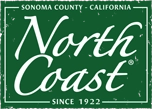
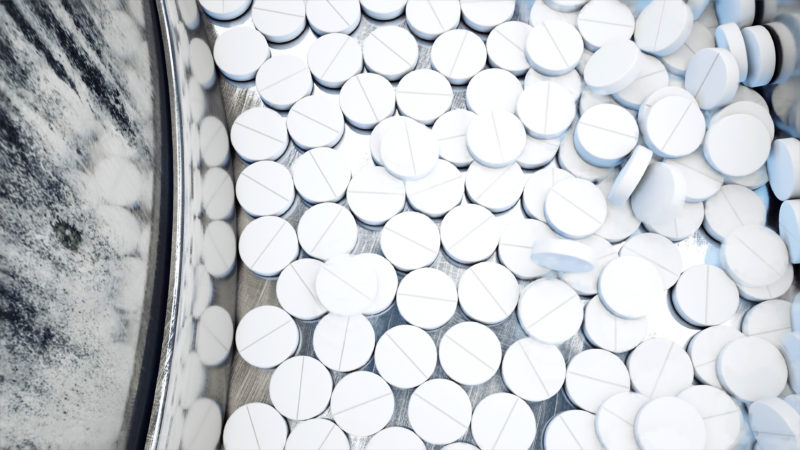
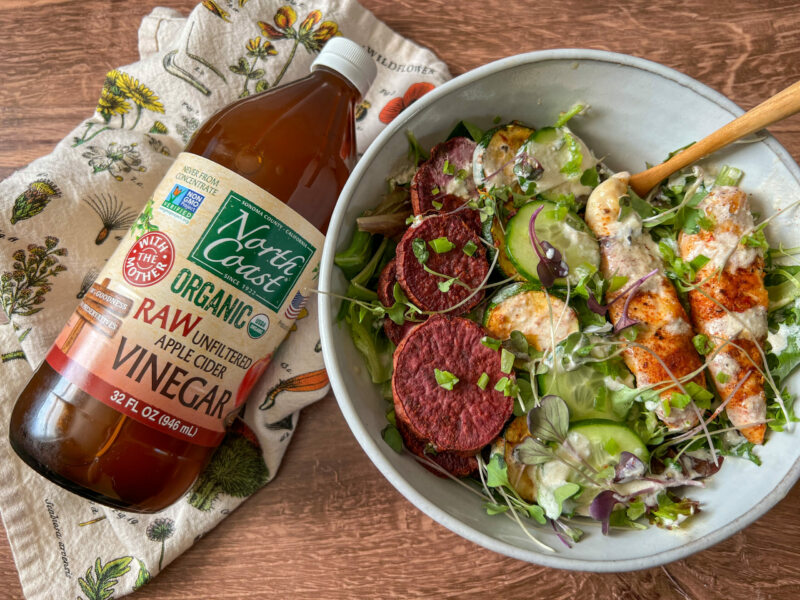


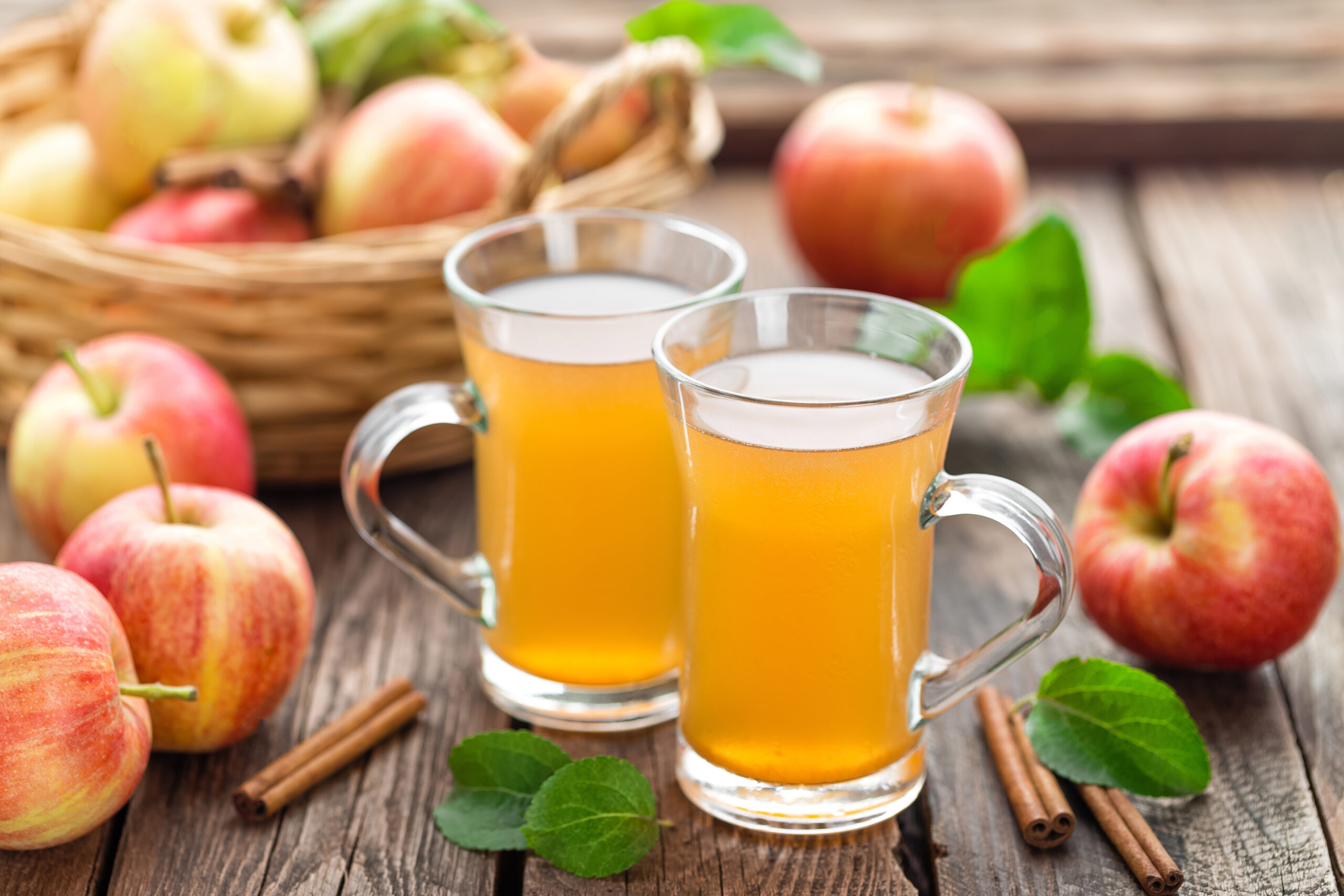
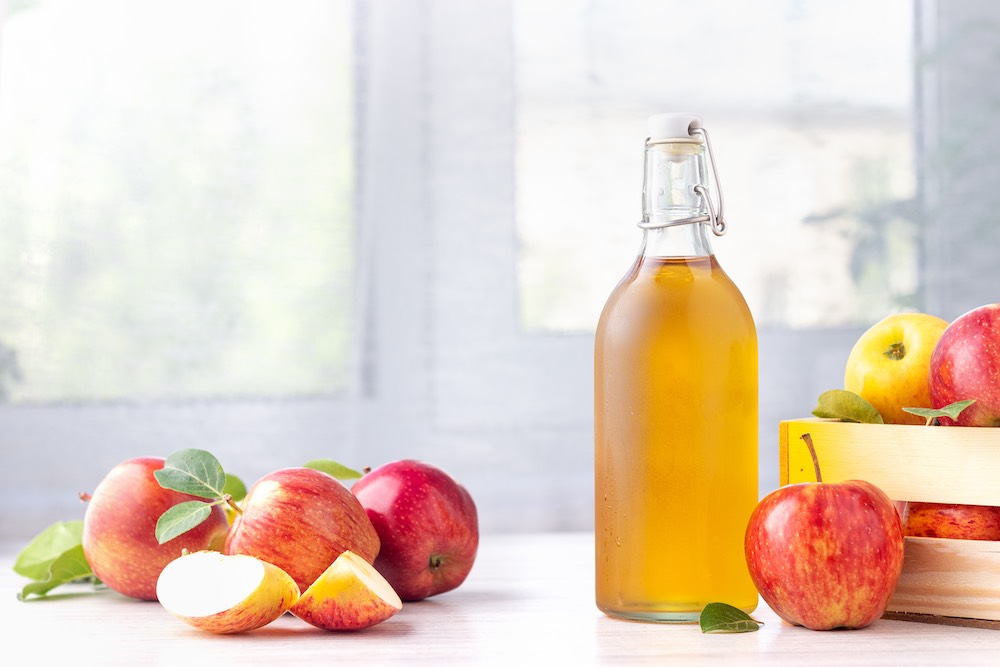

Thanks for the info in this article. I don’t really take ascorbic acid – type Vitamin C, but I didn’t expect it to be this harmful. We have to be ever vigilant. Hardly anyone is watching out for the health of this country. It’s all about $$$$.
I take Ester C, but I don’t really know how that differs from natural Vitamin C found in fruits & veggies. Can you tell me?